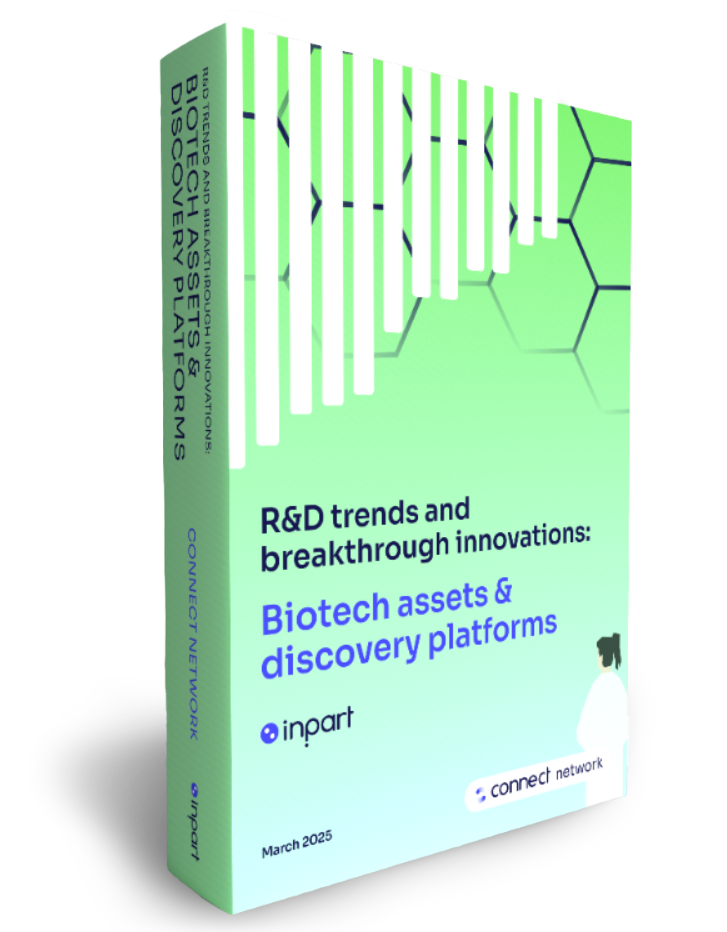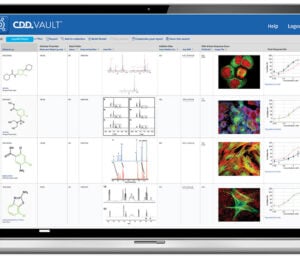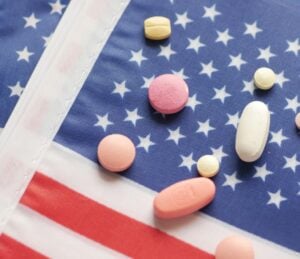Looking to expand your partner network with the latest in the field of Drug development? Consider joining Inpart's global network for free.
In Depth 28 May 2025
New weight loss drugs: Biotech’s mission to end obesity
Find out more about biotech’s mission to end obesity, as we look at the new weight loss drugs that are in development.


















